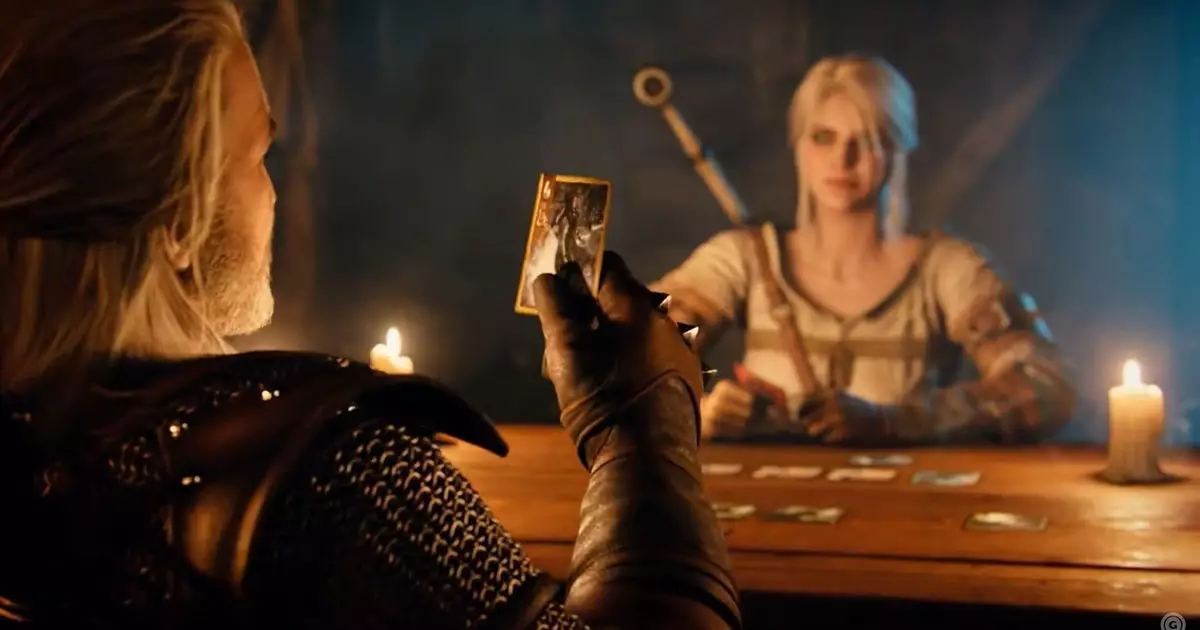In a world filled with monstrous threats and noble quests, the adventurer’s mission often takes precedence—yet in the cozy corners of taverns, time slows down for unexpected diversions. Picture this: an adopted daughter endangered, villagers gripped by terror, and the chilling winds echoing the plight outside. Amidst this chaos, our protagonist is engaged in a card game with a rather unassuming character named Aldert. Rather than rushing to the rescue, our hero opts for another round, playing yet another “cow” card.
Interestingly enough, this whimsical distraction sits at the heart of a beloved mini-game from the expansive Witcher universe, Gwent. With the arrival of the Witcher 4, developers have hinted at Gwent’s illustrious comeback. This revelation comes on the heels of a recent trailer and an interview, igniting excitement amongst fans eager for the nostalgia tied to this unique card game.
The remarks made by CD Projekt Red’s executive producer, Gosia Mitręga, reveal not just a commitment to the game but a genuine affection for community feedback. “We really love the game,” she stated. This bond between the developers and the fan base hints at a richer, more immersive experience, ensuring that the game does not simply return but reinvents itself. Game director Sebastian Kalemba echoed this sentiment, suggesting that Gwent is not merely an addition but a fundamental part of the Witcher experience.
This relationship with the community is crucial; it reflects the developers’ awareness of the card game’s impact on players. Gwent’s inclusion as a staple gameplay element would seem inevitable, especially considering its prior success—having transitioned from a mini-game in The Witcher 3 to a standalone title and a free-to-play multiplayer version.
Gwent’s journey from an exciting diversion to a standalone phenomenon showcases the allure of tactical gameplay in the Witcher universe. Initially inspired by the physical card game Condottiere, Gwent’s design underwent significant transformations, evolving not only in gameplay mechanics but also in its integration within the larger narrative framework. However, enthusiasts often note the frustration of keeping abreast with its constant evolution, leading to feelings of disorientation with the game’s mechanics.
As anticipation builds for the Witcher 4, many fans wonder how Gwent will adapt to new storylines and challenges. Will the frost-covered strategies of the past still be viable, or will players need to devise new tactics to outsmart their opponents? The curiosity surrounds not only the nostalgic connection but the potential for innovations that could reshape this beloved game within the Witcher world.
With developers expressing unwavering enthusiasm for Gwent, it’s clear that the card game will not only return but thrive in the upcoming installment. Players can expect a redefined experience, considering both the game’s evolution and the community’s expectations for depth and engagement. As the Witcher universe continues to expand, so too do its playful challenges, promising fans a balanced blend of adventure and strategy at the local tavern. In a realm dominated by danger, it’s those moments of strategic respite that keep players coming back for more.

